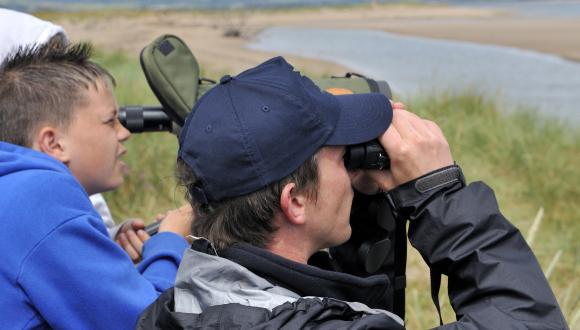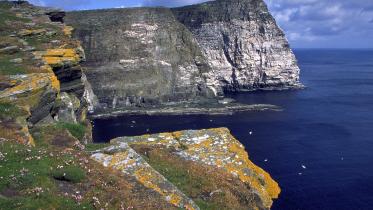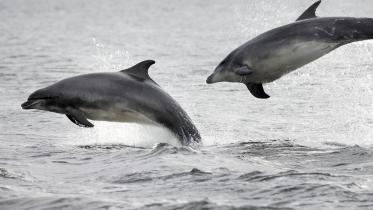NatureScot Research Report 1210 - Understanding the impact of the 2018 drought on key freshwater pearl mussel populations in Scotland - Summary
This project evaluated the status of pearl mussels in 6 rivers in Scotland following a very prolonged drought in 2018. There was clear evidence of large scale detrimental impacts on several rivers of international conservation importance. Local volunteer actions prevented detrimental impacts on one river. Local groups could play an important role in reducing similar damage in future.
Pages: 6
Published: 2021





